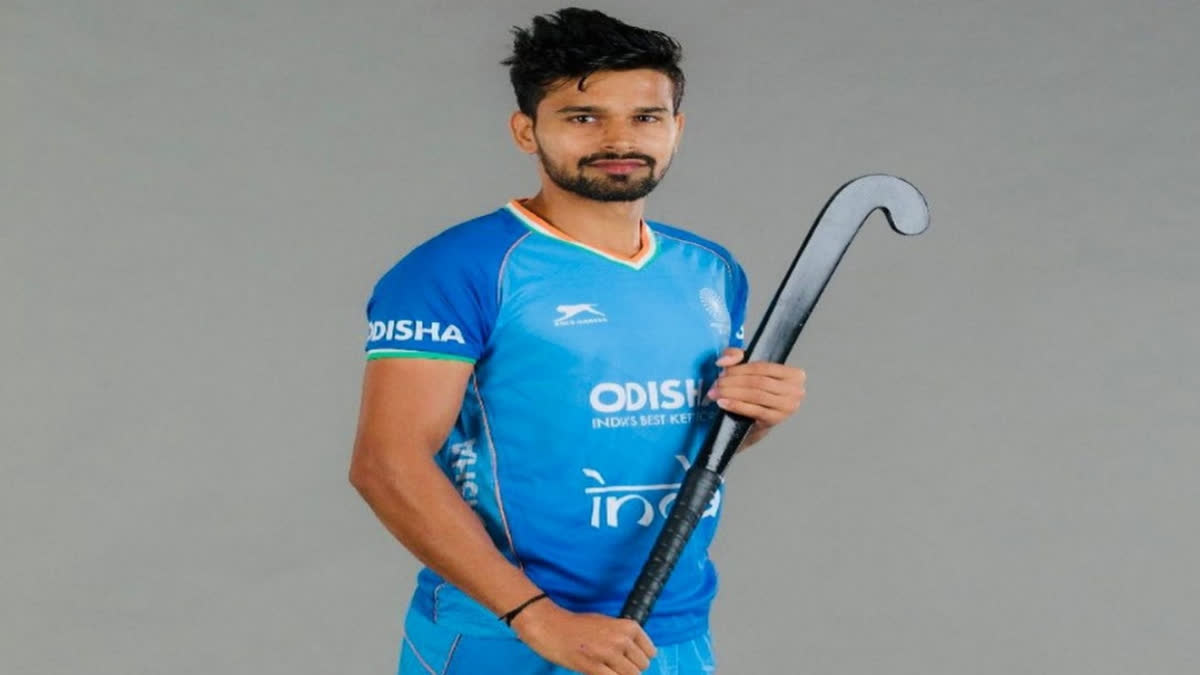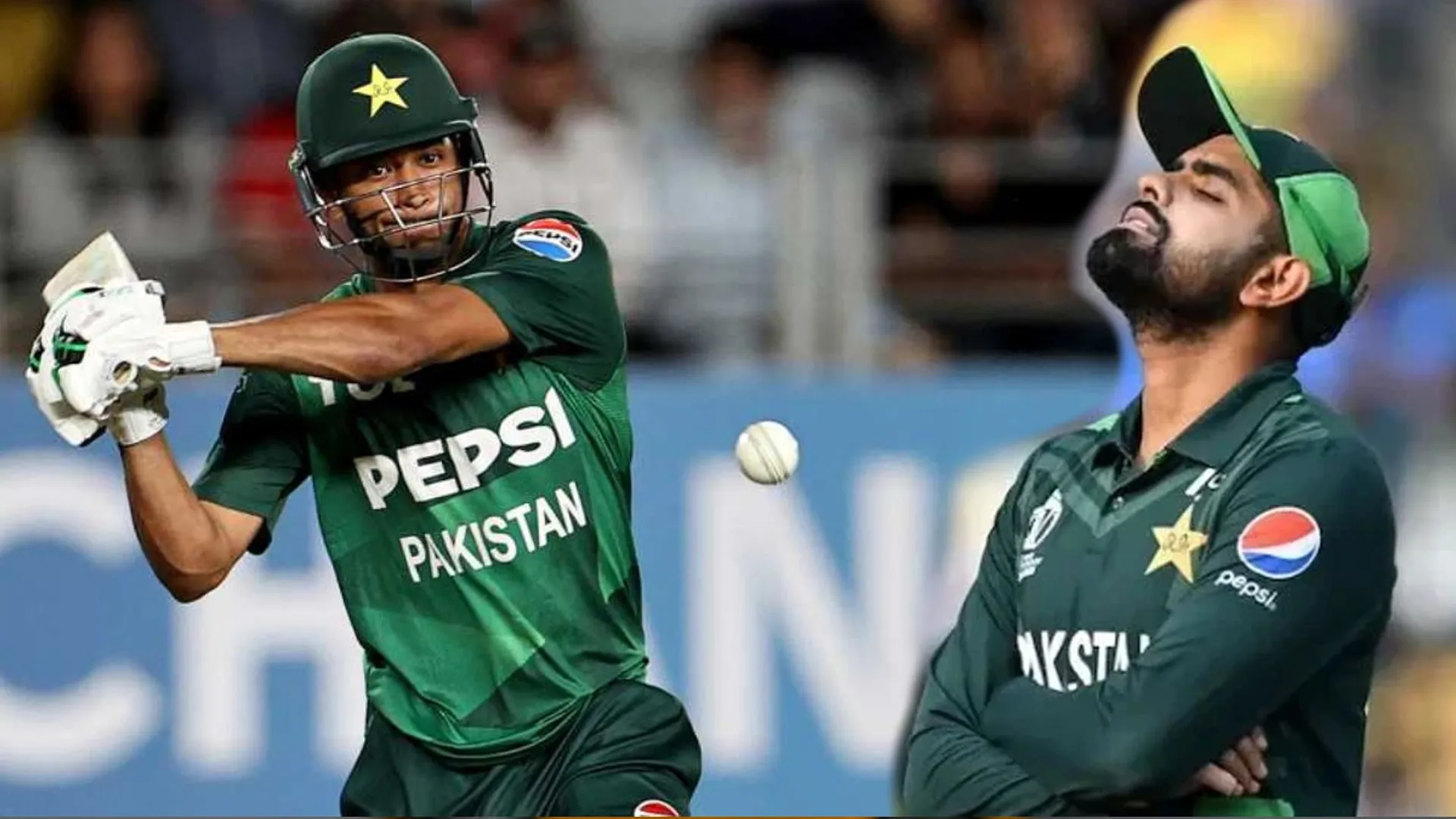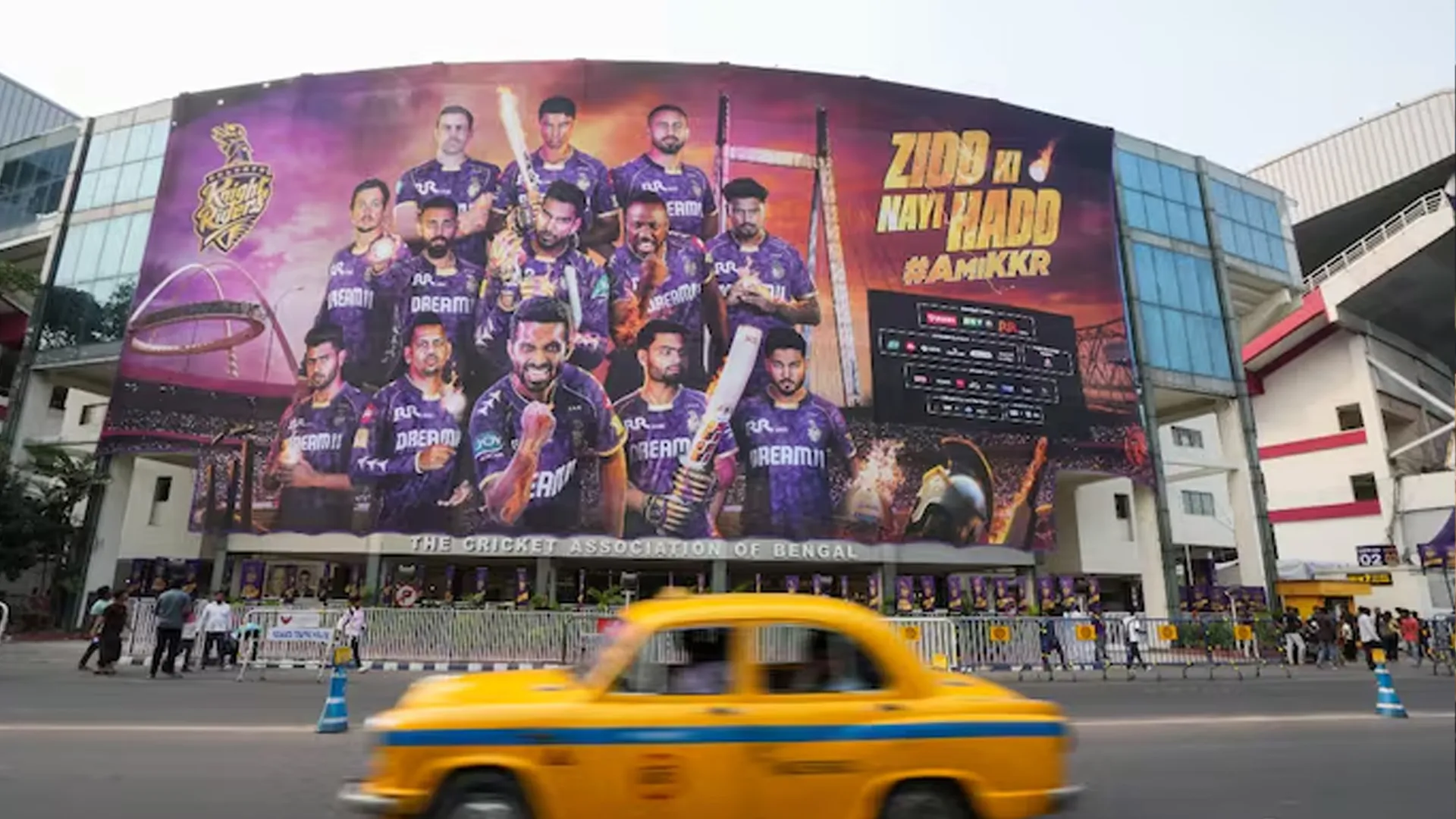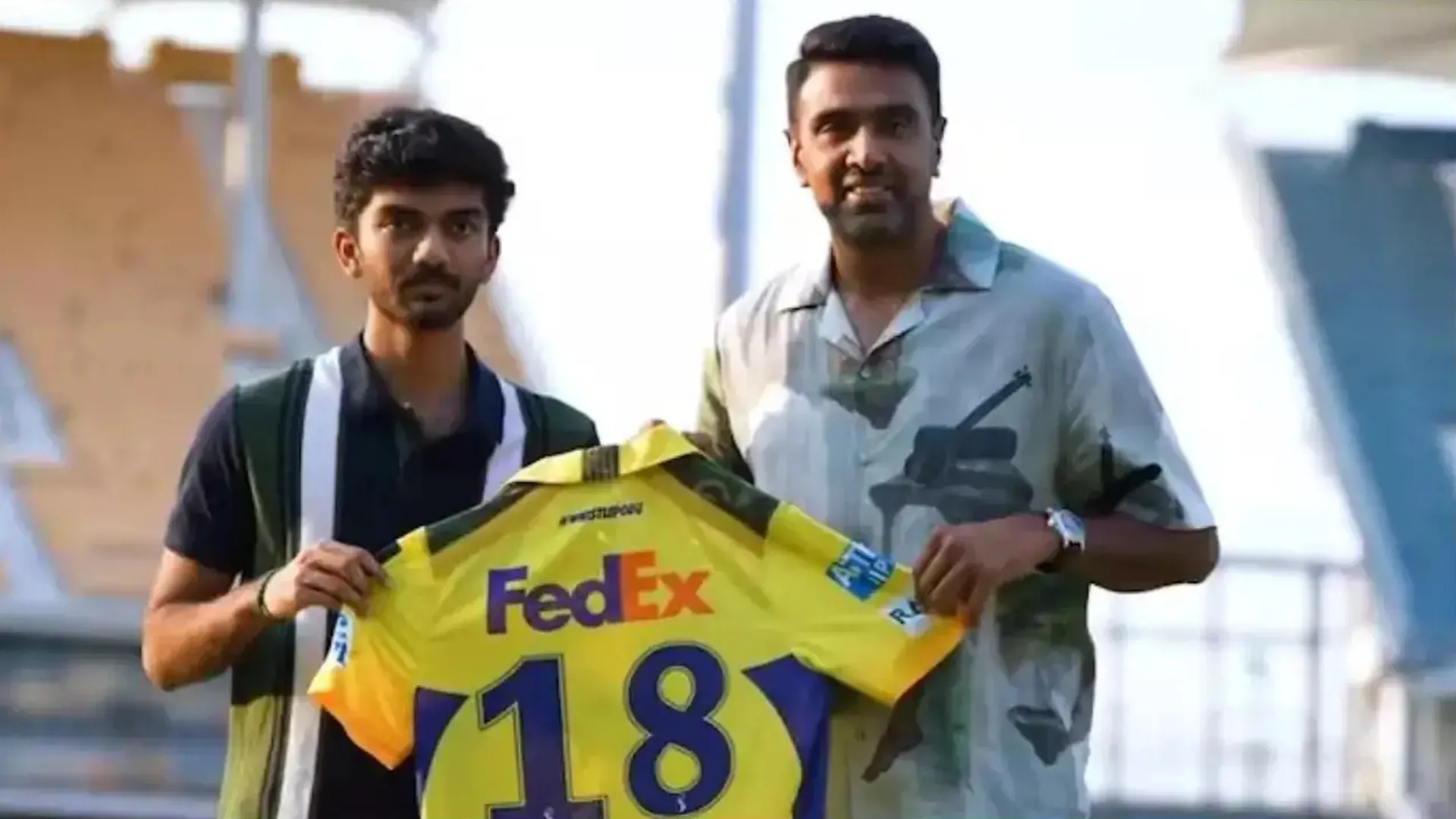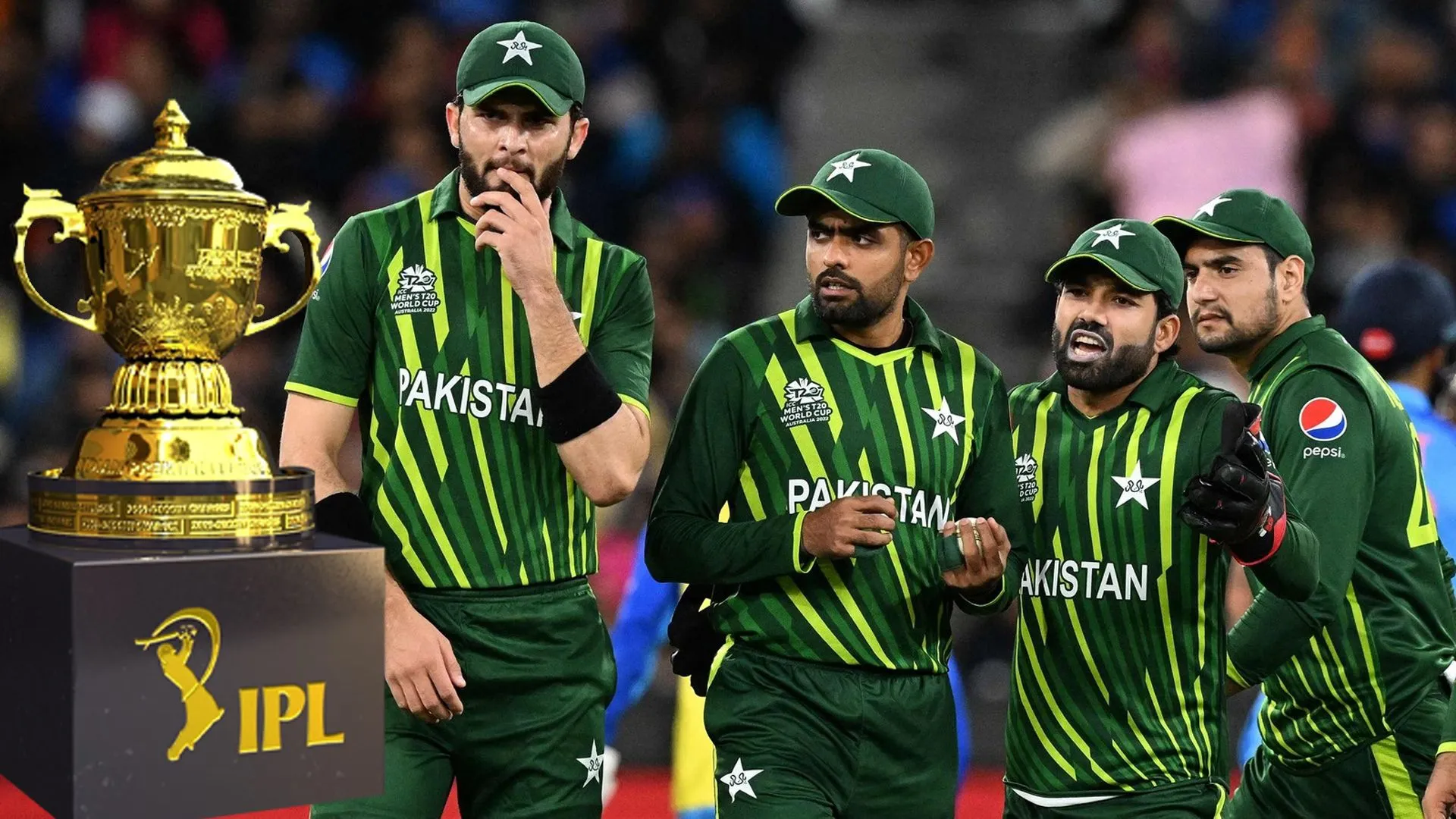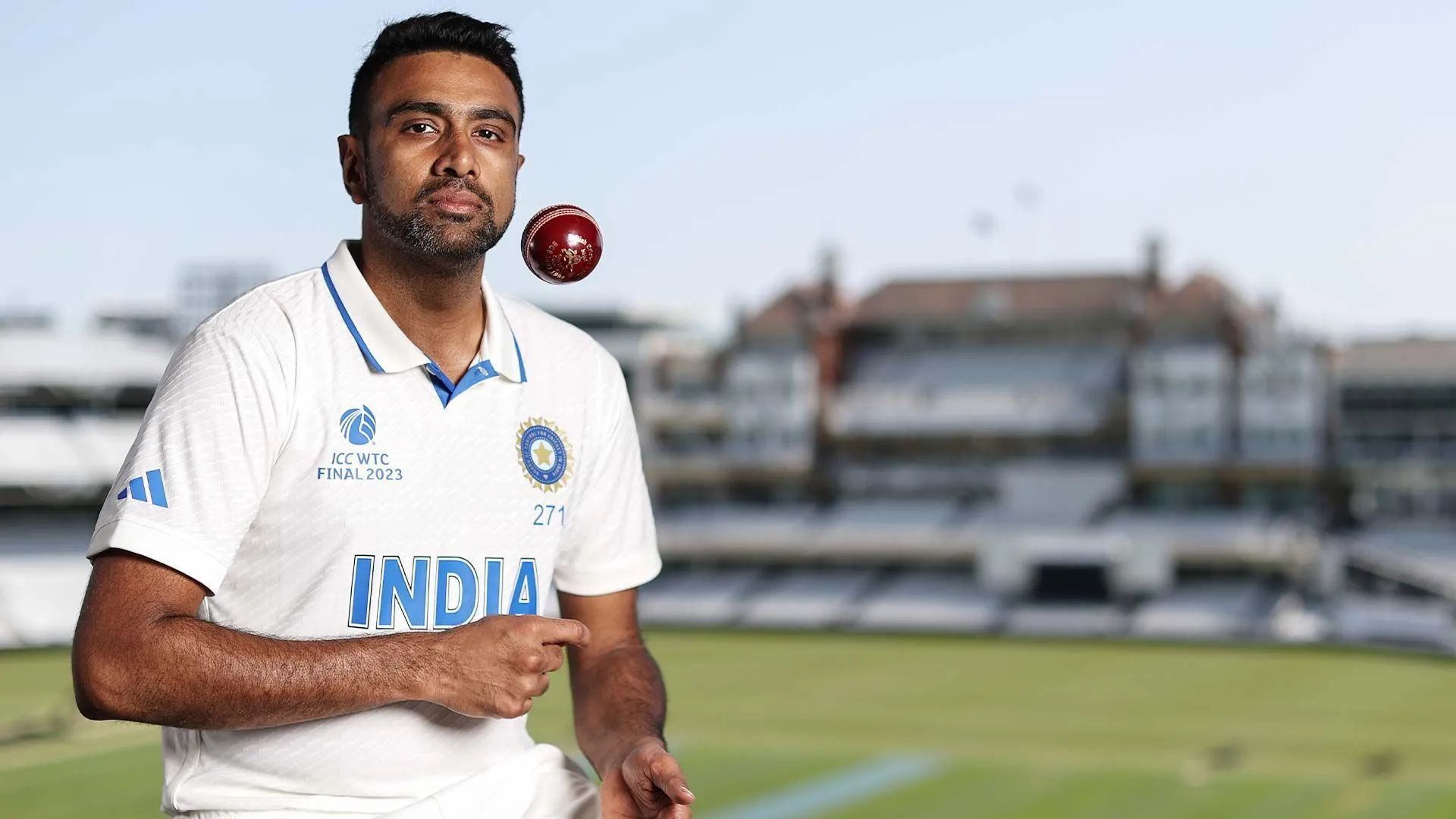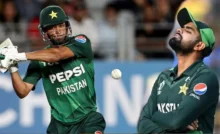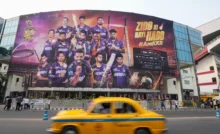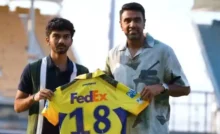No one would have imagined that Abhishek Nain, who was never included in the junior hockey team, would one day score a goal against Belgium, that too in the Paris Olympics. Nain scored a goal against Australia, which was disallowed, but he has emerged as an outstanding forward. This is an example that victory is possible with perseverance. In an exclusive interview, Nain said it’s a significant achievement that India won medals in consecutive Olympics for the first time since 1984.
Q: Despite being rejected from the national camp, how did you manage to prepare for international levels on your own when you were not even a member of the national team.
A: My friend Vivek Sagar, who was with me in juniors, used to send me the camp schedules. While I was practising at PNB in the morning, he would send me the schedule for gym or running in the evening. I used to follow that schedule and practise as if I were in the camp.
Q: You must have seen Vivek Sagar Prasad in the midfield during the Olympics. He is from Madhya Pradesh, and you are from Haryana. We are currently at your house in Sonipat. I just wanted to know how you didn’t lose hope and continued to practise even though you were not in the camp.
A: Initially, when I was removed from the camp, it was quite difficult for me to go to PNB daily at 5 am for practice. It was a bit irritating, but I thought that my dream of playing in the Olympics and winning a medal would not be achieved unless I put in extra effort. So, I continued to work with all my passion and kept believing that it would happen one day.
After a year, my name appeared in the list of 60 players for the camp. I initially thought getting into the 33-player group would be a big achievement, but eventually, I made it to the team because the coach liked my game. I never imagined I would consistently stay in the team and become a Commonwealth and Asian Games medalist and score in the Olympics.
Q: You have worked with both Craig Fulton and Neil Briggs. What differences did you find in their coaching styles?
A: Craig Fulton’s approach is more structured with a focus on tactical work and defense. He emphasizes counter-attacks and tight defense.
On the other hand, Neil Briggs focused more on counter-attacks and variations inside the D. Fulton’s style involves a lot of tactical work, which is why sometimes we play from behind or deeper in midfield.
Q: When you scored against Belgium, we saw you turn and score in a unique way. It was unusual in Indian hockey. Was this a new technique from Fulton?
A: Fulton emphasised practising backhand shots and playing the ball between our feet. I had already missed a few goals in the previous matches, which created some doubt, but scoring that goal increased my confidence. Even though the goal against Australia was disallowed, which I didn’t understand, it still gave me confidence for future matches.
Q: It seems that having multiple drag-flickers would be beneficial. What do you think?
A: Absolutely. Having multiple drag-flickers like Harmanpreet would be ideal. Although Harmanpreet is trusted because he has proven himself in every tournament, having others trained in drag-flicking would be helpful.
Q: How will the team cope with the absence of Harmanpreet Singh in upcoming matches?
A: Harmanpreet will be greatly missed. He was a legend both on and off the field. His experience, support, and handling of pressure situations were unmatched. We hope someone will step up to fill his shoes.
Q: Stress is a major issue for athletes. How do you manage it?
A: Stress is indeed significant, but our team environment supports us. If someone is under pressure, we boost each other’s morale. Our senior players share their experience, and there is no criticism among team members.
Q: What was the experience like with Paddy Upton and the Alps before the tournament?
A: It was an extraordinary experience. It made us feel like we could handle anything. The training in Switzerland helped us handle pressure and stress better, which benefited us during the tournament.
Q: How do you create a light-hearted atmosphere in the team?
A: The atmosphere is like a family. We don’t criticize each other. Everyone jokes around, including seniors. The most humorous player is Jugraj Singh, who is always telling jokes.
Q: How do you and the team deal with fun moments and light-heartedness?
A: We enjoy Punjabi and Hindi songs, and there is a lot of fun and laughter. Although I am a bit serious, I also enjoy the light-hearted moments with the team.
Q: We hope that India will achieve its goal of winning a gold medal in the upcoming Los Angeles Olympics. Despite not winning the gold this time, it’s a significant achievement that India won medals in consecutive Olympics for the first time since 1984.
A: Thank you, sir. We hope to continue making the country proud and win gold in the future.


